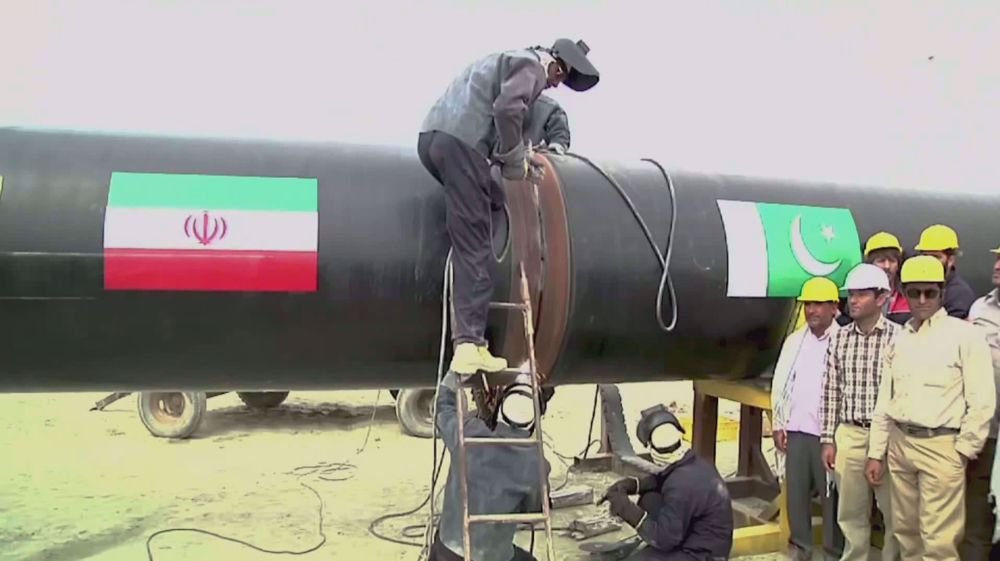Pakistan-Iran Gas Pipeline
WASHINGTON DC: The Pakistan-Iran gas pipeline project faces yet another setback as the United States declines to grant a waiver, expressing concerns about the initiative and maintaining sanctions on Iran.
Sources reveal that Pakistan had sought a waiver from the US to proceed with the project, but the request was flatly denied, accompanied by expressed reservations about the venture.
With a looming March deadline for Pakistan to fulfill its part of the pipeline project, the US refusal adds complexity to an already challenging situation. Failure to commence the project by March would result in a substantial fine of 18 billion US dollars for Pakistan.
In light of the denied waiver, Pakistan has reportedly communicated to Iran its desire to complete the project but cited the impediment posed by the US sanctions. Pakistan has requested an extension of the March deadline given the current circumstances.
The agreement stipulates that Iran has prepared a 700-mile-long pipeline on its territory, while Pakistan has completed a 500-mile-long segment that extends through Balochistan and Sindh.
The caretaker government in Pakistan had recently granted approval for the project, but the formal expression of US concerns prompted another suspension of the project’s implementation.
The Iran-Pakistan gas pipeline, also known as the Peace pipeline or IP Gas, has faced challenges rooted in geopolitical tensions, economic factors, and international sanctions.
Initially intended to transport natural gas from Iran to Pakistan, the project has been subject to periodic delays and complications due to the impact of US sanctions on Iran. Despite Iran fulfilling its part of the pipeline, negotiations and progress have been hindered.
As both nations explore strategies to navigate the complexities of the project outside the scope of US sanctions, the situation underscores the intricate web of geopolitical considerations influencing the future of the Pakistan-Iran gas pipeline initiative.










